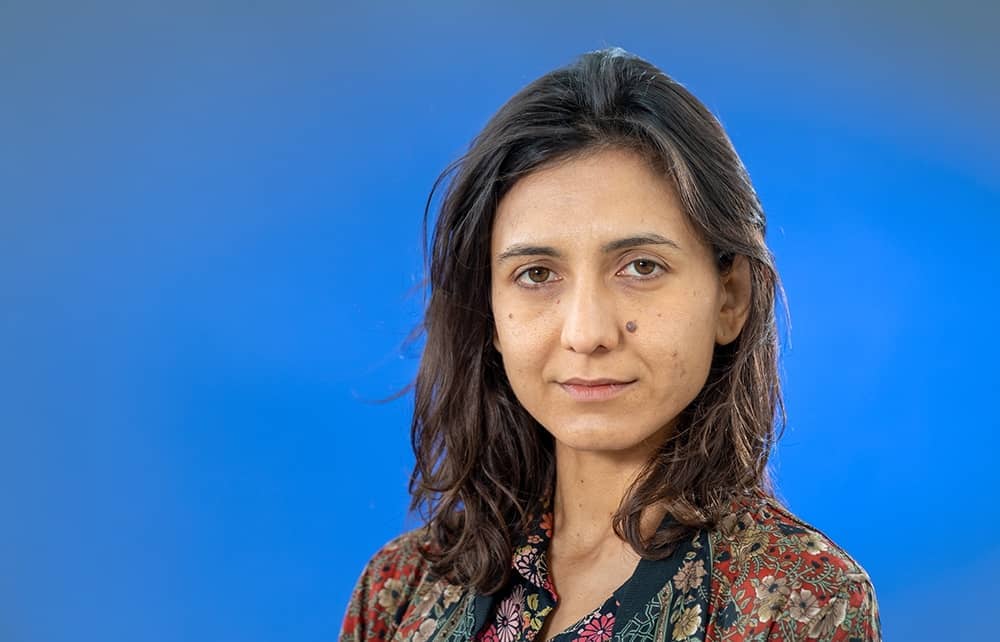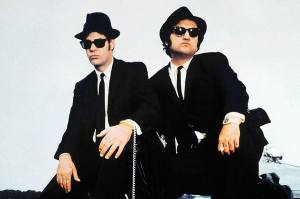Has there been a better novel this century than Ottessa Moshfegh’s My Year of Rest and Relaxation? There might not have been. The book was a hit when it came out in 2018 and had a second wind during the pandemic, when readers found themselves “resonating” with its cabin-fever plot. Not that there was much plot: the novel follows a beautiful young woman marooned in her New York apartment, where she mainly watches TV and pops pills like they’re Pringles.
There’s more plot in Moshfegh’s latest novel Lapvona. We’re not in contemporary America any more but in somewhere like medieval Europe, and the characters aren’t “prettier than Sharon Stone” but proper old-school uggos, all tooth and gangle and belly. Lapvona refers to the name of the village where the novel is set. You wouldn’t want to live there: it’s an impoverished hellhole, presided over by a feudal lord, Villiam, who has a medically intriguing appetite (nothing can sate him) and an equally developed taste for cruelty. At the start of the novel Marek, the dim son of a local shepherd, murders Villiam’s son; so Villiam, who never much cared for his boy, decrees that Marek should become his replacement heir and live the good life in the manor, too.
Moshfegh’s fiction tends to focus on one person, but here she has a groaning cast list. The trouble is, the many characters rather resemble one another: they’re all disgusting, immoral, selfish and kinky; they all deserve, more or less, the more or less terrible fates that await them. Moshfegh has said that reading her books is “like seeing Kate Moss take a shit.” The experience of reading this one is like being stuck in a room with about twenty people defecating, but none of them is Kate Moss.
The novel is extraordinarily violent and disturbing, featuring child molestation, cannibalism and worse. But extreme as it is, it’s not much else; it has sweetly reasonable points to make – for instance, about power (that it corrupts) and about capitalism (that it corrupts). Moshfegh is a beautiful writer — some of her sentences dazzled me so much I had to put the book down and sun myself in the light of her prose for a moment — but no amount of raw skill can make up for the fact that the ideas undergirding the book aren’t that interesting. And though it may be old-fashioned to crave tenderness in a novel, I missed it here: the characters are so awful to each other it becomes sapping.
I’ve read Lapvona twice now, first in January and again more recently. All I held on to after my first spin through was a hazy memory of blood, semen and urine. The book isn’t without merit. At its best it’s like a twisted reworking of One Hundred Years of Solitude; and some readers will no doubt relish its icy intensity and Old Testament grimness. But if a writer with less star power than Moshfegh had written it, I suspect publishers would have laughed in disgust, pinched their noses and thrown it on the slush pile.
This article was originally published in The Spectator’s UK magazine. Subscribe to the World edition here.


















